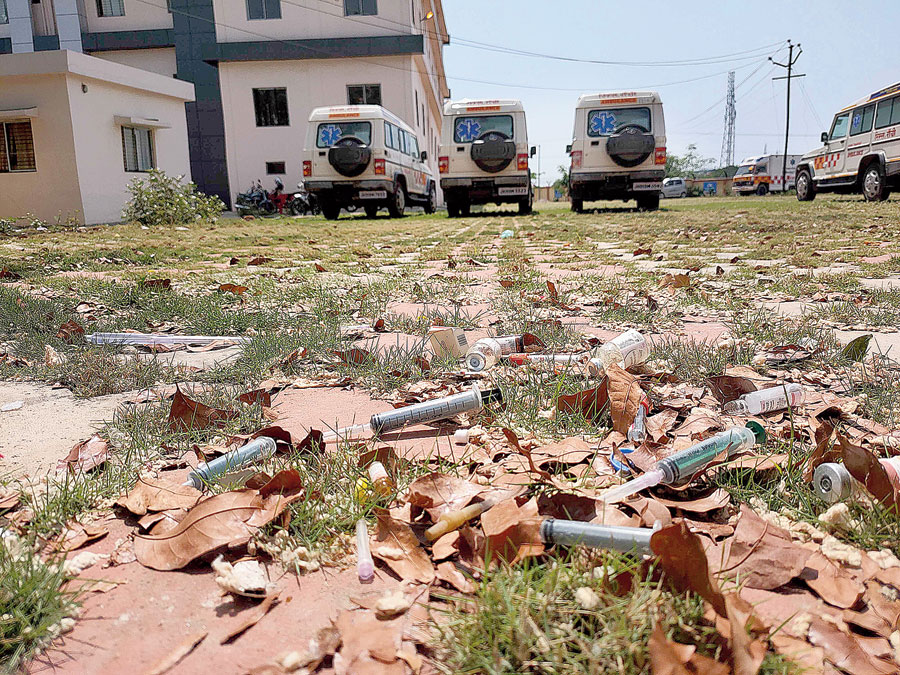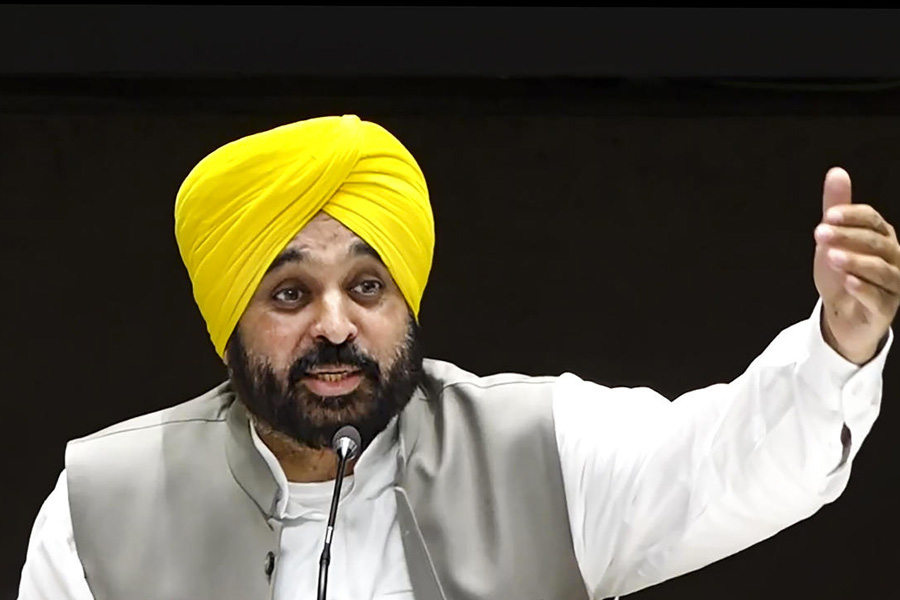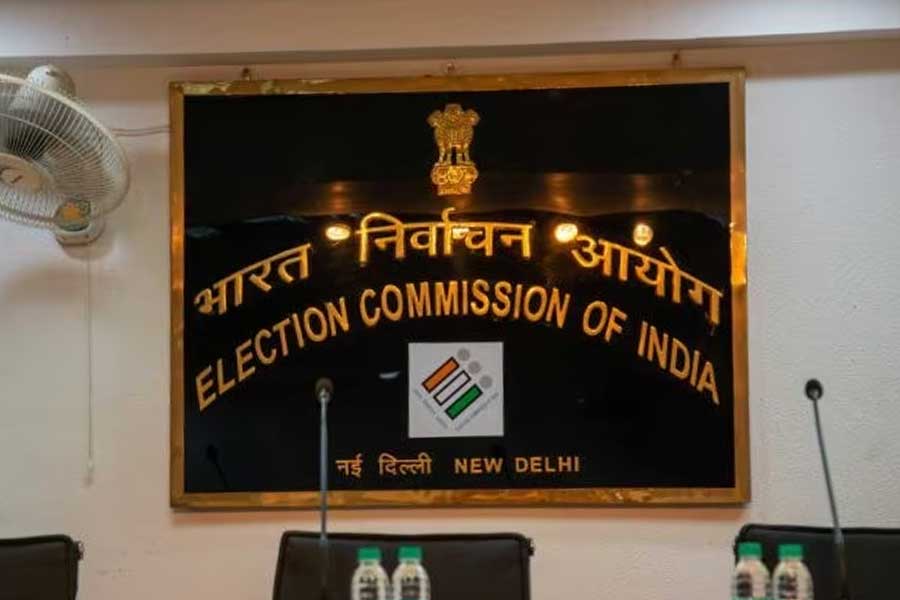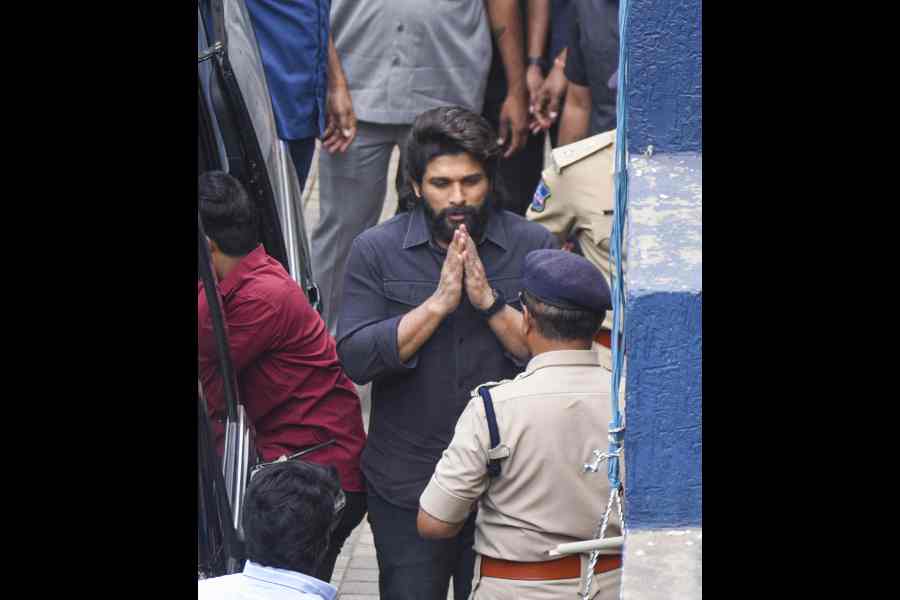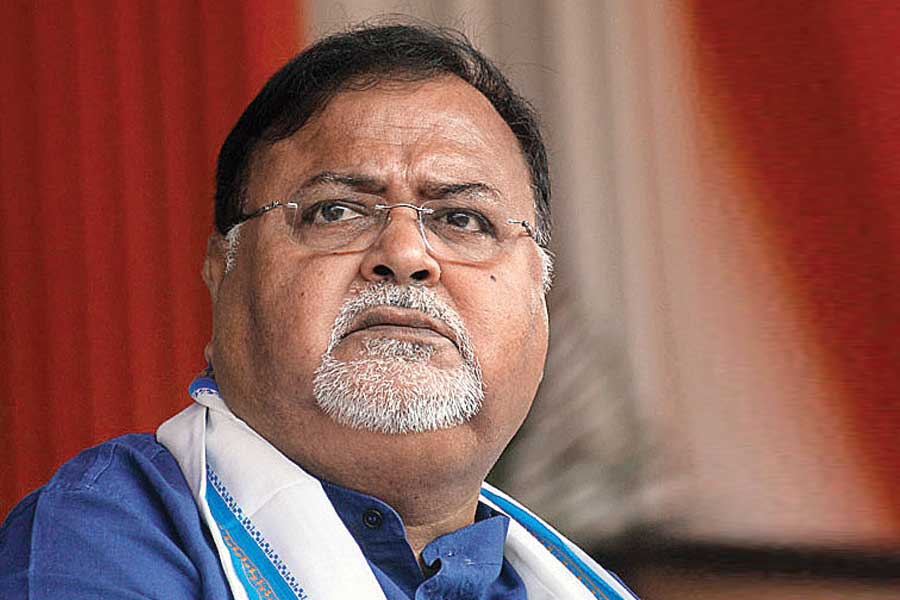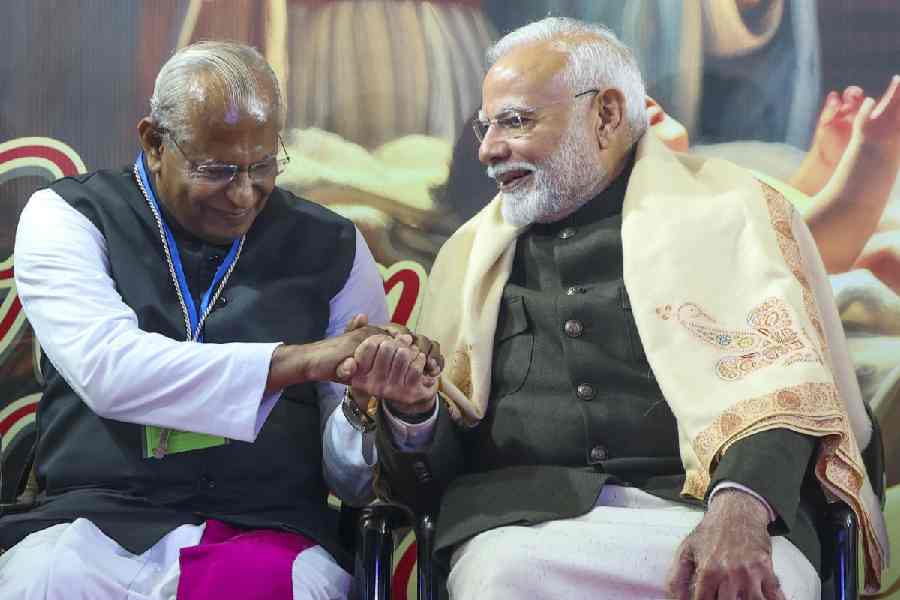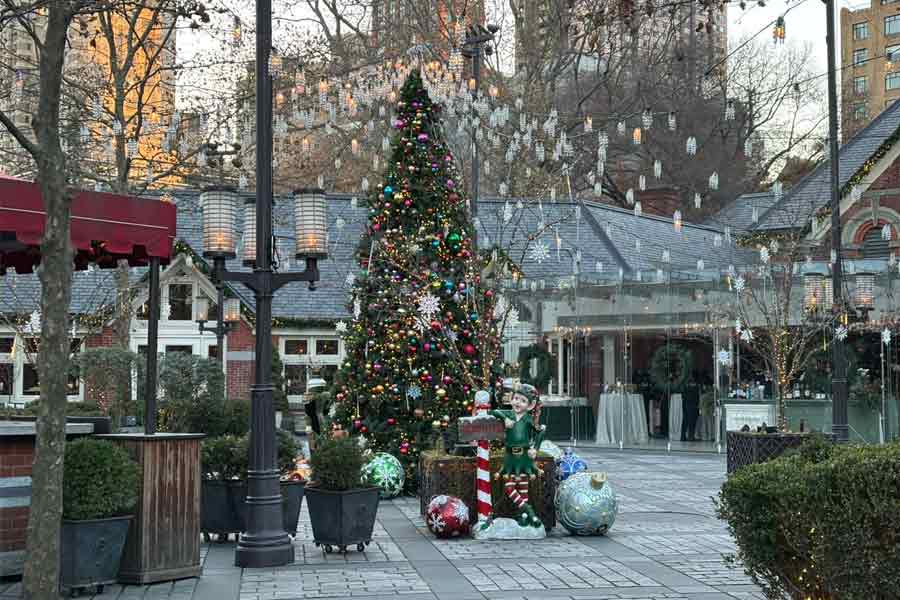The Covid-19 infection claimed its first casualty in the capital on Sunday as a 60-year-old patient succumbed at RIMS at 9.05am, making Jharkhand’s toll rise to two after a 72-year-old man died in Bokaro on Thursday.
The Ranchi man, who stayed in Hindpiri, was the husband of the Covid-19 patient who got dialysis at a clinic before her report confirmed infection, sparking alarm. For the past two days, he was on ventilator at RIMS.
His death sparked fear among residents near graveyards. An attempt to bury the body at the graveyard near the Joda Talab in Bariatu, close to RIMS, was met with stiff resistance. Residents, scared of the contagion, were adamant that the body would not be buried there. By afternoon, the body was taken to the graveyard at Ratu Road, where again protesters stopped the burial, and suggested cremation.
Till 8pm, administrative officials were assuring people that the body would be buried with every precaution under guidelines, but the deadlock had not lifted.
RIMS medical superintendent Dr Vivek Kashyap said the 60-year-old Covid-19 patient died of acute respiratory distress syndrome characterised by the rapid onset of inflammation in the lungs. The patient also had type II diabetes, hypertension and cardiomyopathy, which made it harder for the heart to pump blood to the rest of the body.
The victim’s wife, who had come in touch with the state’s first confirmed Covid-19 patient, the young Malaysian woman, is undergoing treatment for Covid-19 at RIMS. Three more from the same family also have the infection.
Subdivisional officer Lokesh Kumar Mishra said the district administration decided to bury the body in keeping with the deceased’s faith.
Ranchi DC Rai Mahimapat Ray shared with The Telegraph the guidelines for the last rites of a Covid-19 victim, as suggested by the department of forensic medicine and toxicology of AIIMS, New Delhi.
It says cremation should be preferred for complete elimination of chances of infection in either electric or gas crematorium in a zipped body bag. Keeping in mind the religious beliefs of the family, if a burial is requested, then the body must be buried in a thick, airtight coffin and placed at a depth of 4 to 6 feet below ground. It is recommended that the area above and adjacent to the grave be cemented immediately as an extra precaution. Also, the space should be marked and precaution should be taken to avoid scavenging by animals.
RIMS ‘unsafe’ cry
The first Covid-19 casualty at RIMS, Ranchi, raised several red flags on how safe or otherwise the hospital campus is.
A cop deputed at the Covid-19 centre of RIMS said the rear area of the campus where coronavirus patients and others showing symptoms of infection are housed in isolation, is strewn with syringes, used masks and gloves, among others.
“The RIMS director had warned against this, but no one has taken serious note of it.”
The secretary of Jharkhand Medical Laboratory Technologists’ Association Ramashish Singh supported the observation saying proper attention had not been paid to the safety of health workers associated with Covid-19 duty.
“Lowly paid, outsourced lab technicians, who collect swabs from nose and throat of those showing symptoms, and have more exposure and risk of infection, are not kept in quarantine after a week’s duty, unlike nurses and doctors,” he said.
A RIMS official said technicians were scared. “Three did not turn up after being deputed at the Covid-19 centre and were suspended on Saturday.”

